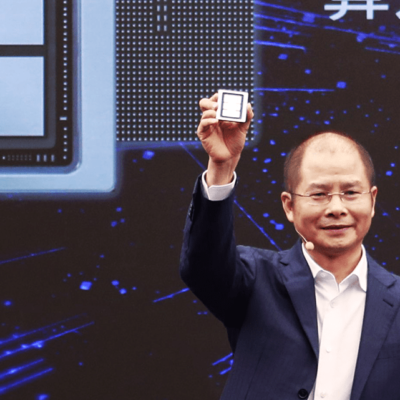In recent years, the mobile operating system market has been dominated by Android and iOS. However, Huawei’s HarmonyOS has emerged as a new player that is rapidly gaining momentum and may soon overtake its competitors, thanks to the US Huawei ban.
The US sanctions against Huawei, which began in 2019, were a significant turning point for the Chinese tech giant. These sanctions effectively cut off Huawei’s access to US technology and software, including Google Play Services, which were used on the vast majority of smartphones worldwide.
In response, Huawei has developed its own operating system, HarmonyOS, which is designed to work across all types of devices. The development of HarmonyOS has been a significant investment for Huawei, but it has allowed the company to reduce its dependence on US technology and software and compete with Google and Apple in the mobile operating system market.
One of the biggest advantages of HarmonyOS is that it is open-source, which means that it is freely available for developers to use and modify. This provides greater flexibility and customization options for developers, allowing them to create apps that are tailored to the specific needs and preferences of their users. This leads to a more diverse ecosystem of apps and services that is ultimately more favourable for consumers.
As of November 4, 2022, there were 320 million HarmonyOS-powered Huawei devices, a 113% increase compared to the same time in 2021. Additionally, over 250 million units of smart home products running this OS were sold. It appears that HarmonyOS is making progress at a much quicker rate than Android did in its early days.
The dominance of Google and Apple in the mobile operating system market remains the biggest challenge for HarmonyOS. However, if HarmonyOS can gain a foothold in China, which is the world’s largest smartphone market, it could provide a platform for further growth and expansion into other markets.
The US policy to ban Huawei and its technology has created an opportunity for Huawei to innovate and develop its own technology, and this ultimately benefits the tech industry and consumers.
Moreover, the EU should not make 5G-related decisions solely based on the current US policies or interests, as the global market landscape is constantly evolving. Instead, the EU should prioritize its long-term interests and make wise choices that lead to win-win outcomes for everyone in the global tech industry, regardless of which country or company dominates the market in the future. This is particularly important to consider since there may not always be a dominant first-world country like the US for the EU to lean on in the future. Hence, the EU should approach the decision-making process with caution and foresight to ensure a prosperous future for all .





